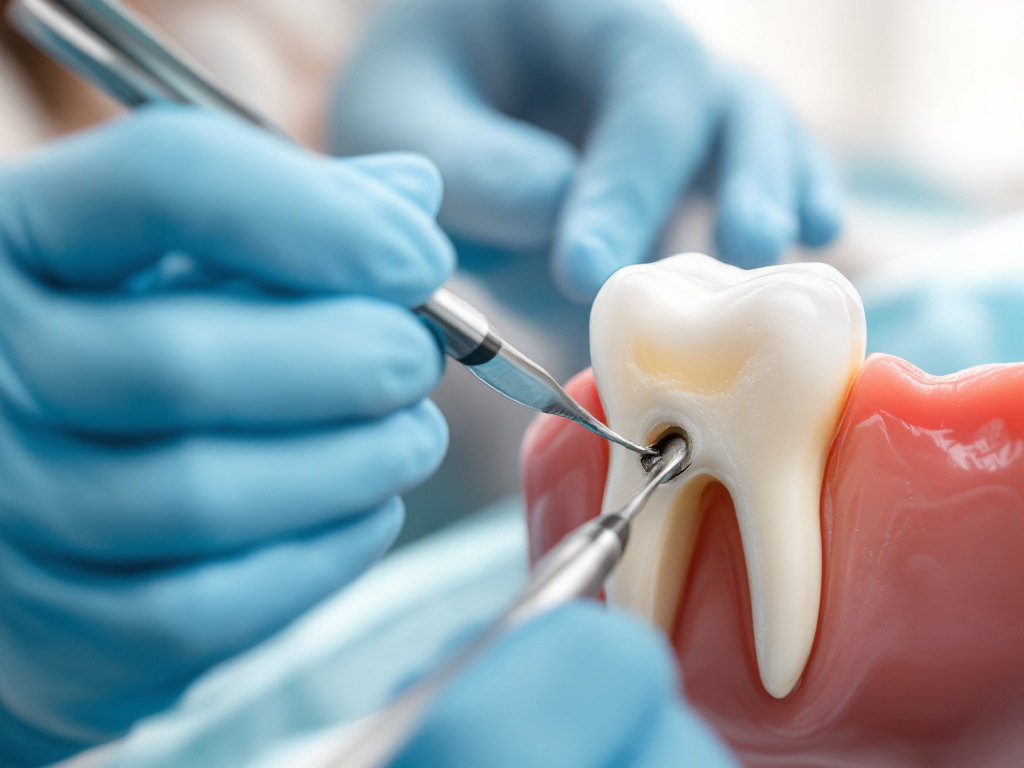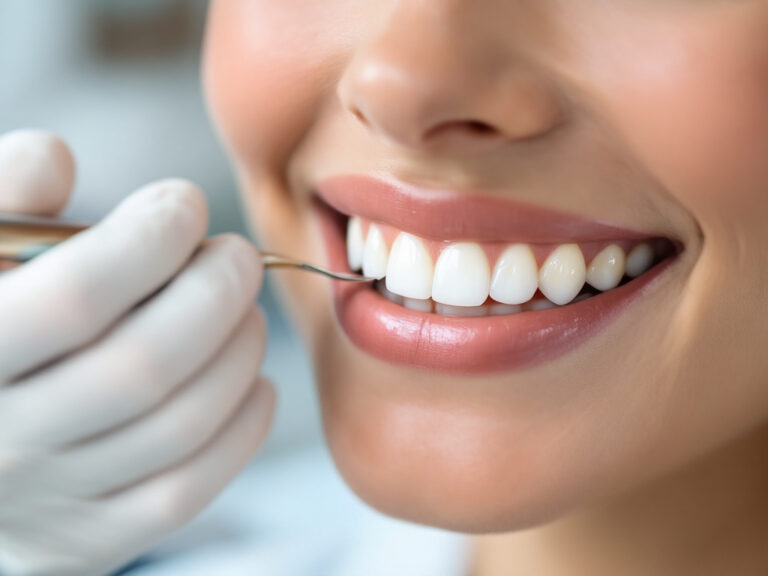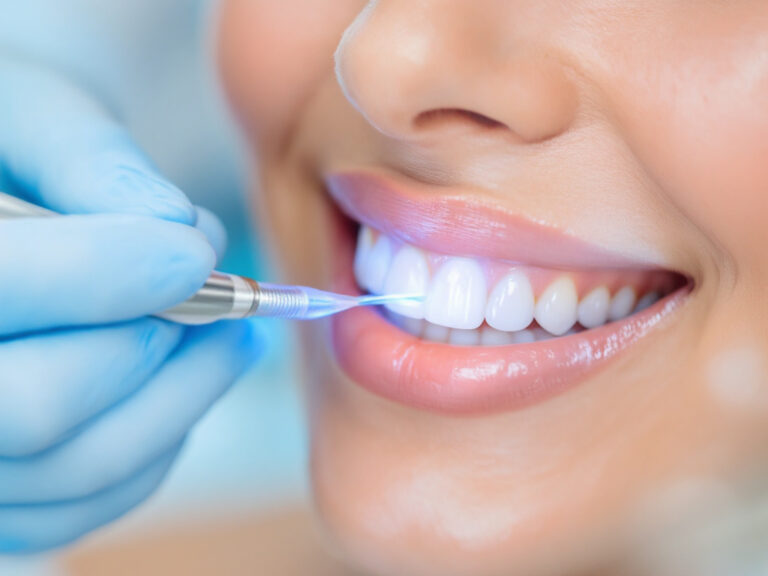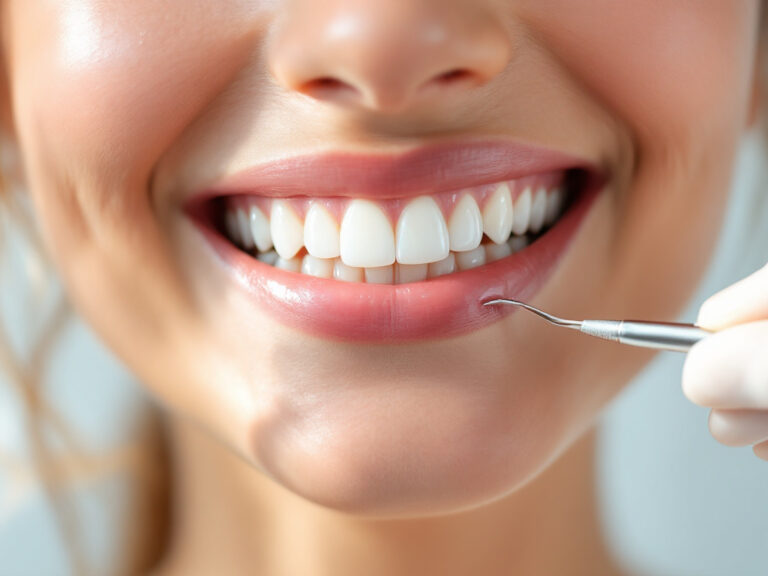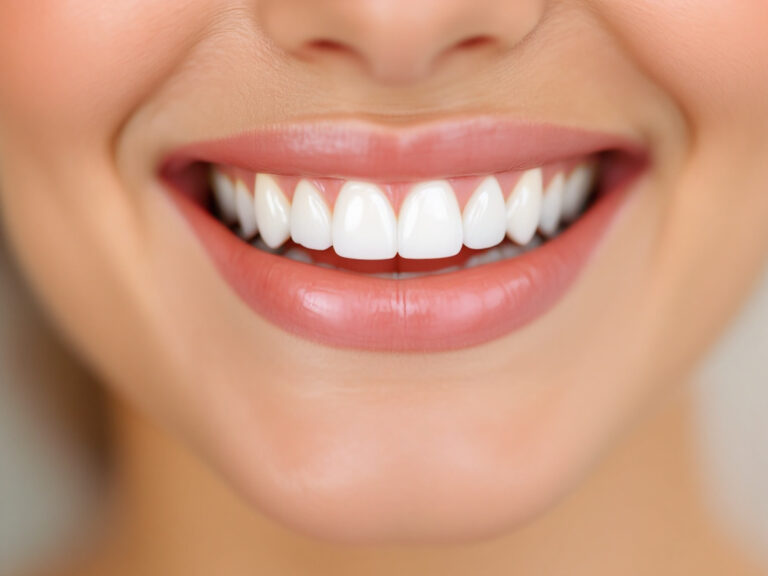Early in your cavity repair and restoration journey, understanding how these treatments protect your oral health is key. Cavity repair and restoration covers everything from simple dental fillings to advanced crowns and inlays. By restoring decayed or damaged tooth structure, you preserve chewing ability, prevent further decay, and maintain a pleasing smile. Modern restorative dentistry leverages high-quality materials, same-day crowns, and digital technology to deliver long-term function with confidence.
Understand tooth decay
What are cavities
Cavities, or dental caries, are decayed areas in your teeth. They appear as smooth surface cavities on the sides of teeth, pit and fissure cavities on chewing surfaces, or root cavities along exposed roots [1].
How cavities develop
Tooth decay starts when bacteria in your mouth feed on sugars from frequent snacking or sipping sweet drinks. These germs produce acids that erode enamel, creating tiny openings. Poor oral hygiene and skipping regular cleanings accelerate this process [2].
Consequences of untreated cavities
If you skip timely treatment, a cavity can deepen into the dentin and pulp, leading to toothaches, infections, and even tooth loss. Early detection through routine checkups often allows for less extensive repairs and better outcomes [3].
Explore restoration options
Direct restorations
Direct restorations are completed in a single visit. After removing decay, your dentist fills the cavity with a material that bonds to the tooth.
Composite dental fillings
Composite resin fillings blend in with your natural tooth color and bond directly to enamel and dentin. They protect the remaining tooth structure and support tooth structure preservation. Learn more about composite dental fillings.
Amalgam fillings
Also known as silver fillings, amalgam restorations are durable and cost-effective. The FDA and American Dental Association consider them safe, though certain at-risk groups are advised to avoid them [4].
Indirect restorations
Indirect fillings require two visits: one to capture an impression and one to bond the custom piece.
Porcelain inlays and onlays
These lab-fabricated restorations fit like puzzle pieces into damaged areas that are too large for a direct filling but not severe enough for a crown. Porcelain resists staining and mimics enamel shine. Explore porcelain inlay and onlay treatment.
Dental crown placement
When decay or damage compromises most of your tooth, a crown restores shape, strength, and function. High-quality materials and digital milling allow for precise fits. Read about dental crown placement and porcelain crown restoration.
Evaluate material benefits
Composite resin advantages
- Tooth-colored aesthetics
- Bonds to tooth structure
- Conserves more enamel than metal
Porcelain and ceramic properties
- Highly biocompatible
- Natural translucency and stain resistance
- Suitable for crowns, bridges, and veneers
Amalgam durability and considerations
- Lasts up to 20 years in molars [4]
- Less expensive and quick to place
- Cosmetic drawbacks and mercury content concerns
Glass ionomer benefits
Glass ionomer materials release fluoride to strengthen adjacent enamel, reducing the risk of secondary caries. They adhere well to dentin but may not match tooth color perfectly [5].
Benefit from modern techniques
Same day crowns
Digital CAD/CAM systems scan your tooth, design a restoration, and mill it in office—often in a single appointment. You save time and avoid temporary crowns.
Minimally invasive procedures
Advances in magnification, lasers, and air abrasion let dentists remove only decayed tissue, preserving healthy enamel and dentin.
Digital impressions and 3D scanning
Optical scanners replace messy putty, capturing precise tooth contours. This enhances fit, comfort, and the longevity of restorations.
Maximize long term function
Preserving tooth structure
By choosing conservative restorations like inlays or direct fillings, you maintain more of your natural tooth. Conservative care supports tooth structure preservation for lasting strength.
Maintaining bite alignment
Properly restored teeth help you chew evenly and avoid jaw stress. If misalignment issues arise, consider bite correction dental treatment to protect restorations.
Full mouth rehabilitation
When multiple restorations are needed, a comprehensive plan ensures harmony between teeth, gums, and muscles. Our full mouth restoration program coordinates crowns, bridges, implants, and bite adjustments for optimal oral function.
Support oral health
Aftercare and hygiene tips
- Brush twice daily with fluoride toothpaste
- Floss gently to clean restoration margins
- Rinse with an antimicrobial mouthwash
Routine checkups and early detection
Visiting your dentist every six months helps catch new cavities early. X-rays and clinical exams can reveal hidden decay before it worsens [6].
Insurance and affordability
Many plans cover preventive care and a portion of restorative procedures. Explore options for insurance covered dental restoration or affordable restorative dentistry to keep treatment costs manageable.
Choose the right treatment
Personalized treatment planning
Your dentist will assess decay severity, tooth location, and aesthetic goals before recommending fillings, inlays, crowns, or alternative solutions.
Consulting dental specialists
- If decay reaches the tooth pulp, you may need root canal therapy services or gentle root canal treatment
- For missing teeth due to severe decay, consider dental implant consultation or tooth replacement solutions
- Dentures and bridges, including custom denture fitting, partial denture replacement, or dental bridge replacement, restore chewing and appearance
Emergency and urgent repairs
If you experience sudden pain, a broken filling, or a lost crown, prompt attention prevents further damage. Reach out for cracked tooth repair service or emergency dental crown replacement when you need immediate care.
By understanding cavity repair and restoration options and leveraging modern technology, you can preserve your natural teeth, enjoy lasting oral function, and smile confidently for years to come. Talk with your dental provider today about the approach that fits your needs.

